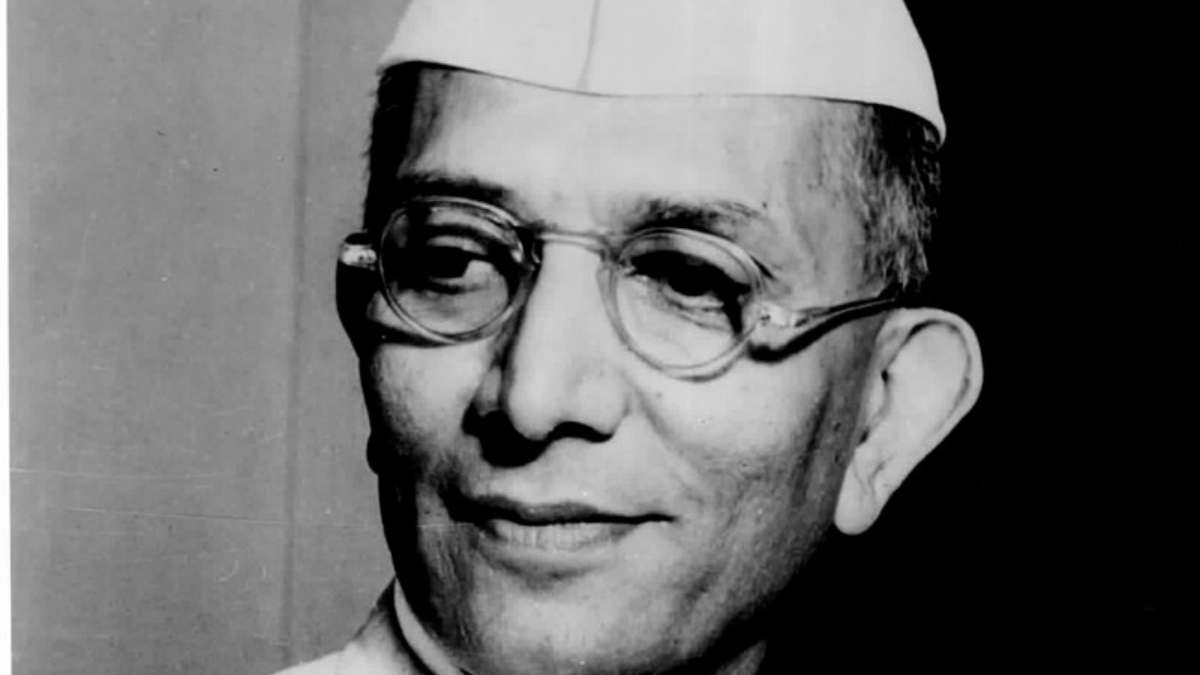Introduction: Morarji Desai was India’s first non-Congress Prime Minister, serving from 1977-1979. He was a key figure in Indian politics during a period of political and social unrest, and his policies aimed at promoting civil liberties and good governance continue to shape Indian politics and society today.
Early Life and Political Activism:
- Born in Gujarat in 1896, Morarji Desai was a trained chemist who became involved in the Indian independence movement at a young age.
- He joined the Indian National Congress and became a prominent leader in the party, known for his integrity and dedication to good governance.
- Desai served as Chief Minister of Gujarat and Finance Minister of India before becoming Prime Minister in 1977.
Becoming Prime Minister and Domestic Policy:
- Desai became Prime Minister following the victory of the Janata Party in the 1977 elections, which marked the end of nearly three decades of Congress rule.
- He implemented a series of domestic policies aimed at promoting good governance, including the establishment of anti-corruption measures and the reduction of government bureaucracy.
- Desai also championed civil liberties, emphasizing the importance of freedom of speech and religion in Indian society.
Foreign Policy:
- Desai pursued a policy of non-alignment in international relations, seeking to promote peaceful coexistence with India’s neighbors and the international community as a whole.
- He sought to improve India’s relations with countries such as Pakistan and China, which had been strained under Congress rule.
- Desai also played a key role in promoting regional cooperation in South Asia, leading the formation of the South Asian Association for Regional Cooperation (SAARC) in 1985.
Legacy:
- Morarji Desai’s legacy as India’s first non-Congress Prime Minister is primarily tied to his commitment to good governance and civil liberties.
- His policies aimed at reducing corruption and bureaucracy continue to shape Indian politics and society today.
- Desai’s advocacy for civil liberties has also had a lasting impact on Indian society, particularly in the areas of freedom of speech and religion.
- Despite his short time in office, Desai remains a highly respected figure in Indian politics and history.
Conclusion:
- Morarji Desai was a key figure in Indian politics during a period of political and social upheaval.
- His policies aimed at promoting good governance and civil liberties continue to shape Indian politics and society today.
- Desai’s legacy as India’s first non-Congress Prime Minister is a testament to his commitment to democracy and his dedication to serving the people of India.




